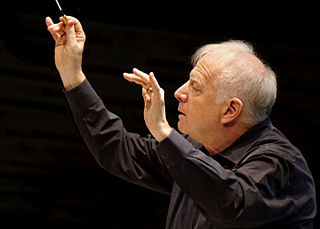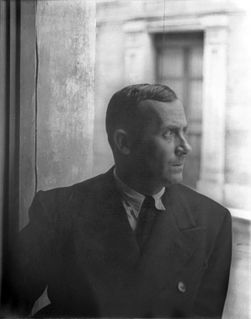A Quote by Rabindranath Tagore
In the world's audience hall, the simple blade of grass sits on the same carpet with the sunbeams, and the stars of midnight.
Related Quotes
"Humanism" is to be human, to think, to analyze, and to probe. To respond and to be stimulated by all living things - beasts, fowl, and fishes. To respond through touch, sight, smell, and sound to all things in nature - both organic and inorganic-to colors, shapes, and textures - to not only look at a blade of grass but to really see a blade of grass. These things, to me, are what life and living are all about. I would call it "Humanism."
On the corner of 57th and 7th Avenue sits the most famous concert hall in the world. No less a figure than when Tchaikovsky led the first performances in 1891. Virtually every major artist has performed there. There is simply no place like it. The first time I stepped foot in Carnegie Hall was in 1964.
If you study Japanese art you see a man who is undoubtedly wise, philosophic and intelligent, who spends his time how? In studying the distance between the earth and the moon? No. In studying the policy of Bismarck? No. He studies a single blade of grass. But this blade of grass leads him to draw every plant and then the seasons, the wide aspects of the countryside, then animals, then the human figure. So he passes his life, and life is too short to do the whole.






































